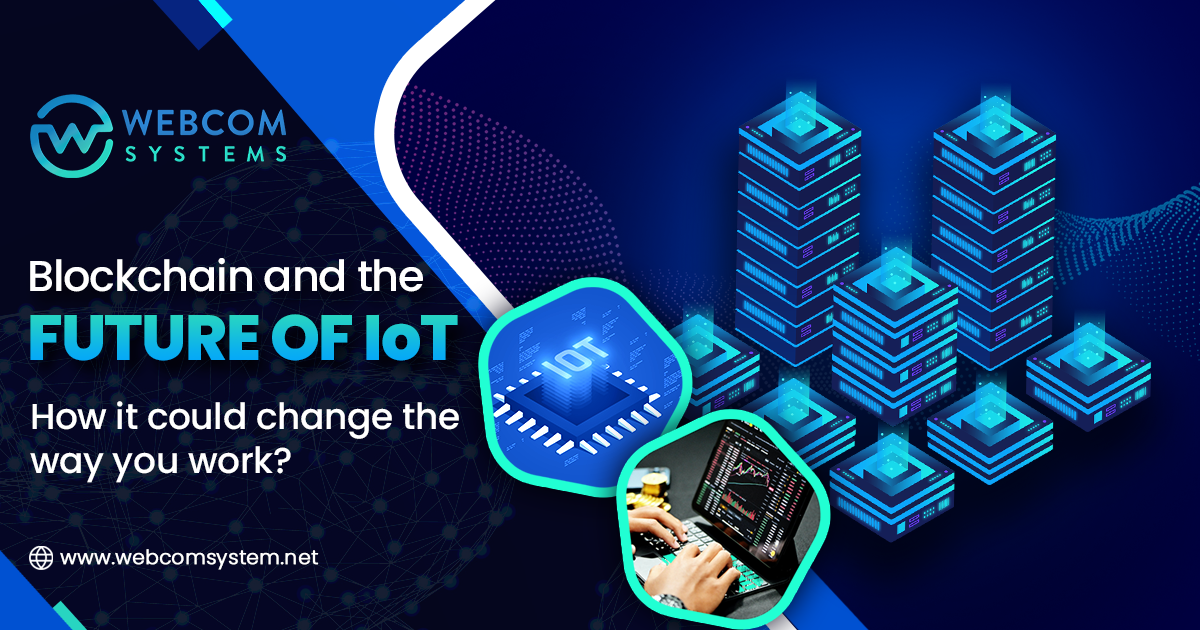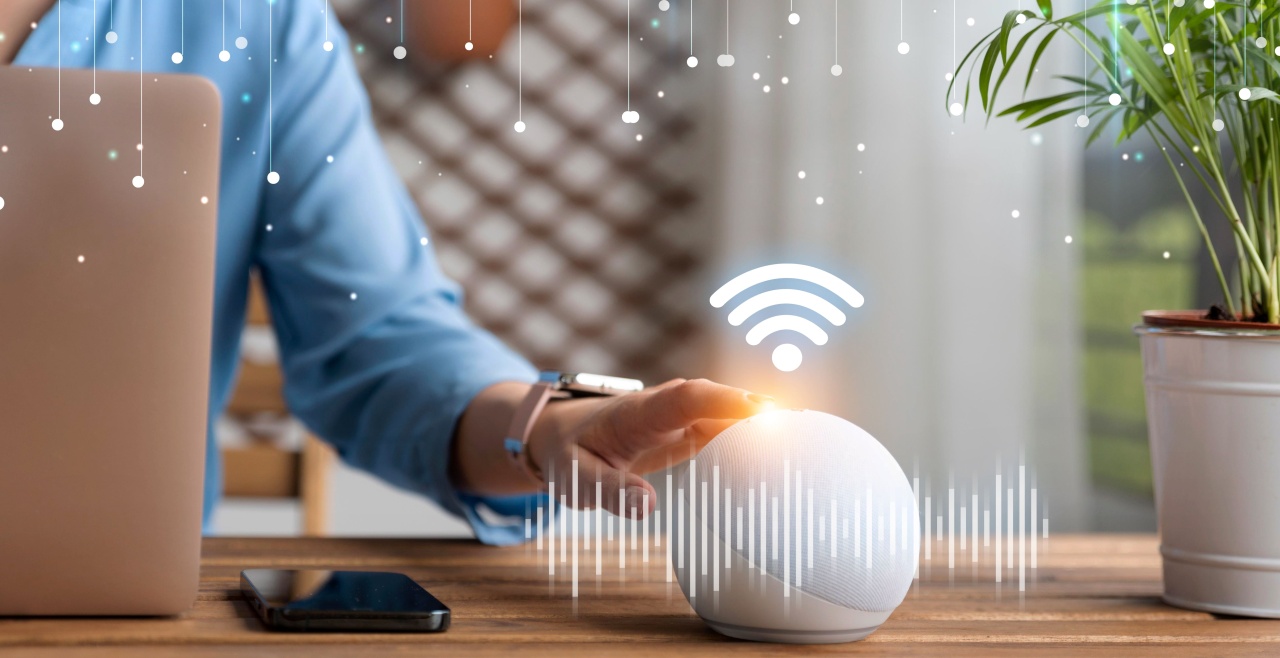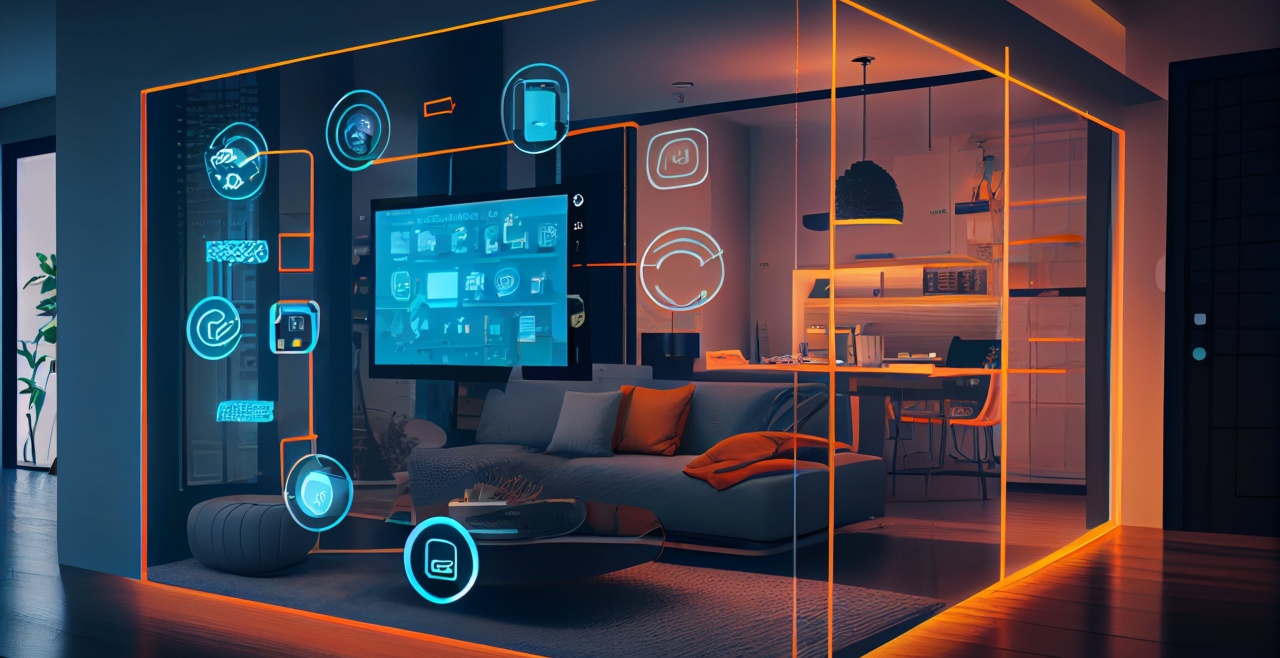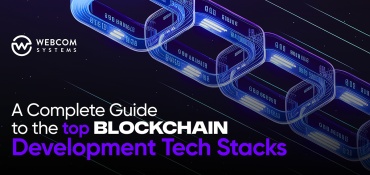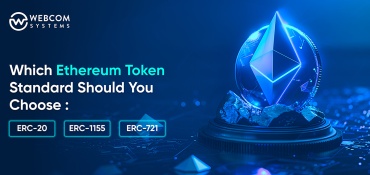As the Internet of Things (IoT) continues to expand its reach into every aspect of our lives, blockchain technology is poised to play a pivotal role in shaping its future. This transformative combination promises to revolutionize industries, streamline processes, and enhance security, ultimately redefining the way we work.
Blockchain’s decentralized and secure nature aligns perfectly with the needs of the IoT ecosystem, addressing concerns surrounding data integrity, device authentication, and transaction transparency. By enabling seamless machine-to-machine (M2M) interactions and promoting trust among stakeholders, blockchain empowers the IoT to reach its full potential.
This article delves into the transformative impact of blockchain on the IoT landscape, exploring how this synergy could transform the way we work. From streamlining supply chains to automating healthcare processes, blockchain and IoT are poised to usher in a new era of efficiency and interconnectedness.
The Role of Blockchain in IoT
Blockchain technology can help solve some of the security and scalability challenges faced by IoT. Storing IoT data in the blockchain adds another layer of security that hackers would need to bypass to access data-sensitive networks. Blockchain’s distributed ledger is tamper-proof, eliminating the need for the involved parties to trust one another, making it virtually impossible for anyone to overwrite existing data records. Blockchain promotes data transparency and traceability, allowing for real-time tracking of assets and transactions across the IoT network. This enhanced visibility fosters trust and accountability among stakeholders, promoting collaboration and innovation.
The combination of blockchain and IoT holds immense potential for revolutionizing various industries, including supply chain management, healthcare, smart cities, and more. By addressing security concerns, enabling autonomous M2M interactions, and promoting data transparency, blockchain is set to unlock the true potential of the IoT and usher in a new era of interconnectedness and efficiency.
Blockchain can be used to track the state of safety for critical machines and their maintenance, and operational records can be shared with government entities to verify compliance. However, there are also some challenges to using blockchain in IoT. Additionally, it can be challenging to configure IoT sensors to handle their computing and data storage requirements.
Future of Blockchain-IoT
The combination of blockchain and IoT presents many promises for the future of technology. Blockchain technology can transform the entire economy and make it imperative for everyone to look ahead to a decentralized future. Here are some ways in which blockchain can change the future of IoT:
- Secure Communication: Blockchains can establish secure communication channels between IoT devices, preventing unauthorized access to data and ensuring that messages are not tampered with. For example, a smart home security system could use blockchain to securely transmit data between sensors and a central hub, preventing hackers from intercepting or altering the data.
- Transparency: Blockchain’s transparency allows authorized users to track past transactions and identify the source of any data leakages. It removes any debate about where a breach originated and who is accountable.
- Fast Processing: Blockchain technology enables fast processing of transactions and coordination among billions of connected devices. This will become increasingly important as IoT devices continue to surge in popularity.
- Cost Reduction: Blockchain can reduce costs by eliminating the processing overheads related to IoT gateways, such as traditional protocol, hardware, or communication overhead costs.
- Renewable Energy: Blockchain and IoT have interesting use cases that can help make renewable energy sources mainstream, where the energy produced by IoT solar panels generates cryptocurrency value that is registered on the blockchain. Anyone joining the network can make investments in renewable energy technology.
The blockchain-IoT development market is experiencing rapid growth due to the increasing adoption of IoT technologies. Businesses and industries recognize IoT’s potential to improve operational efficiency and enhance cyber security.
Blockchain IoT Use Cases
Blockchain technology and the Internet of Things (IoT) can be combined to create secure, transparent, and efficient solutions across various domains. Here are some notable use cases:
Supply Chain Management:
Blockchain can track and verify the journey of products in the supply chain. Each step of the production and distribution process can be recorded on the blockchain, providing transparency and ensuring the authenticity of the product.
Smart Contracts for Automated Transactions:
IoT devices can trigger and execute smart contracts on a blockchain-based on predefined conditions. For instance, a smart contract could automatically release payment when an IoT-enabled shipment reaches its destination.
Identity and Access Management:
Blockchain can secure identity and access management for IoT devices, ensuring only authorized devices and users can access and interact with the network. This adds an extra layer of security in IoT ecosystems.
Energy Management and Grid Optimization:
IoT-enabled smart meters and sensors can record energy consumption and production data. This data can be securely stored and shared via blockchain, facilitating efficient energy management, billing, and grid optimization.
Healthcare Data Integrity and Sharing:
Health records from IoT-enabled medical devices can be stored on a blockchain, ensuring the integrity and privacy of sensitive healthcare data. Authorized healthcare providers can access and update patient records securely.
Automotive and Transportation:
Blockchain can securely store vehicle data, maintenance records, and ownership information. This can prevent odometer tampering, provide a transparent history of the vehicle, and facilitate smoother transactions during the sale of used vehicles.
Agriculture and Food Safety:
IoT devices can monitor various parameters in the agriculture supply chain (e.g., temperature, humidity). This data can be recorded on a blockchain, helping to trace the journey of food products and ensuring their quality and safety.
Smart Cities and Utilities:
IoT-enabled devices in smart cities, such as smart grids and traffic management systems, can utilize blockchain for secure data storage and management. This ensures data integrity and reliability for critical services.
Waste Management:
IoT sensors in waste bins can monitor the level of waste. The data can be recorded on a blockchain, optimizing waste collection routes and schedules, reducing costs, and improving efficiency.
Water Quality Monitoring:
IoT devices can monitor water quality parameters. Data from these devices can be stored on a blockchain to ensure the accuracy and integrity of water quality information, crucial for public health and environmental monitoring.
Integrating blockchain with IoT addresses trust, security, and interoperability concerns, opening up new possibilities for streamlined processes and enhanced data management in various industries.
In a Nutshell,
However, blockchain technology will transform IoT by enhancing its security, privacy, scalability, and transparency, which are key challenges associated with the same. Blockchain will allow securing communication channels among IoT devices, tracking the origin of goods and tracing of supply chains as well as guaranteeing privacy of data. Blockchain can also contribute to greater scalability, security, and transparency in IoT environments, making possible the complete development of IoT devices. With the blockchain development and maturing of Blockchain technology, it is likely to have a more significant role in the future of IoT. Webcom Systems help in the development of blockchain-based IoT systems by providing solutions that enhance security, privacy, scalability, and transparency.
Recommended Read: 5 Potential Features Of Blockchain Technology

